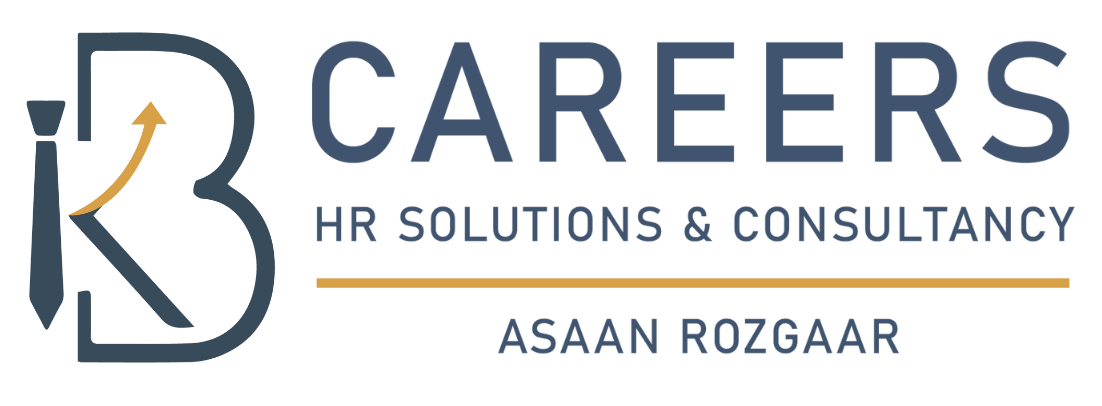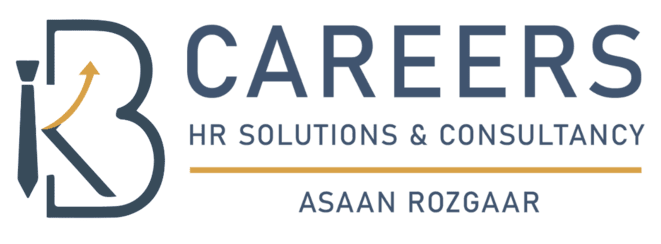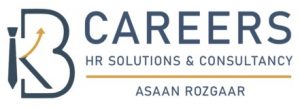Buzzwords De-Buzzed: 10 Alternative Ways For Saying Retirement Planning

Retirement Planning: A Comprehensive Guide
Retirement is a substantial turning point in an individual’s life, often commemorated as a time to enjoy the fruits of years of hard work. However, to really benefit from this phase, one must be proactive in preparing for it. This article aims to supply an extensive guide to retirement planning, covering crucial strategies, common risks, and frequently asked questions that can help people navigate this vital aspect of life.
Why Retirement Planning is essential
Retirement planning is vital for a number of factors:
- Financial Freedom Calculator Stability: Ensuring you have enough cost savings to keep your wanted lifestyle.
- Health care Needs: Preparing for medical costs that usually increase with age.
- Inflation Protection: Addressing the possible decrease in buying power due to inflation.
- Developing Lifestyle Choices: As life span increases, so does the requirement for a versatile financial strategy that can adapt to altering situations.
A well-thought-out retirement plan permits individuals to enjoy their golden years without the stress of financial insecurity.
Components of a Retirement Plan
An efficient retirement strategy includes a number of key parts:
1. Retirement Goals
People should define what they envision for their retirement. Concerns to think about consist of:
- When do you wish to Retire Early Calculator?
- What activities do you want to pursue?
- What sort of way of life do you wish to preserve?
2. Budgeting
A retirement budget plan ought to describe anticipated costs, which may consist of:
- Housing costs
- Health care
- Daily living expenses
- Travel and leisure activities
3. Earnings Sources
Retirement income may originate from a variety of sources:
- Social Security: A government-funded program that provides month-to-month income based upon your earnings history.
- Pension Plans: Employer-sponsored plans using set retirement income.
- Investment Accounts: Savings accumulated through IRAs, 401(k) plans, or other financial investment cars.
- Personal Savings: Additional savings accounts, stocks, or bonds.
4. Financial investment Strategy
Establishing a Financial Independence Savings Calculator investment strategy that lines up with retirement goals and risk tolerance is essential. Various stages in life may need different investment techniques. The table listed below outlines possible allocations based upon age:
| Age Range | Stock Allocation | Bond Allocation | Cash/Other Allocation |
|---|---|---|---|
| 20-30 | 80% | 10% | 10% |
| 30-40 | 70% | 20% | 10% |
| 40-50 | 60% | 30% | 10% |
| 50-60 | 50% | 40% | 10% |
| 60+ | 40% | 50% | 10% |
5. Health care Planning
Health care costs can be among the biggest costs in retirement. Planning includes:
- Medicare: Understanding eligibility and coverage choices.
- Supplemental Insurance: Considering extra strategies to cover out-of-pocket costs.
- Long-Term Care Insurance: Preparing for possible extended care needs.
6. Estate Planning
Guaranteeing your assets are distributed according to your wishes is critical. This can include:
- Creating a will
- Establishing trusts
- Designating recipients
- Planning for tax implications
Common Pitfalls in Retirement Planning
- Neglecting Inflation: Not accounting for rising expenses can dramatically impact your buying power.
- Undervaluing Longevity: People are living longer; preparing for a 20 to 30-year retirement is vital.
- Disregarding Healthcare Needs: Failing to budget for healthcare can result in financial tension.
- Not Diversifying Investments: Relying heavily on one possession class can be risky.
- Waiting Too Long to Start: The earlier you begin saving and planning, the better off you will be.
Regularly Asked Questions (FAQs)
Q1: At what age should I start planning for retirement?
A1: It’s never prematurely to begin planning. Preferably, individuals should begin in their 20s, as substance interest can considerably enhance cost savings in time.
Q2: How much should I save for retirement?
A2: Financial professionals often suggest conserving a minimum of 15% of your earnings towards retirement, however this might vary based on personal financial objectives and way of life choices.
Q3: What is the average retirement age?
A3: The typical retirement age in the United States is in between 62 and 65 years of ages, however this can vary based on individual scenarios and financial preparedness.
Q4: How can I increase my retirement savings?
A4: Consider increasing contributions to pension, exploring company matches, reducing unneeded costs, and seeking Financial Independence Retire Early Investment guidance.
Q5: Should I work part-time throughout retirement?
A5: Many retired people select to work part-time to stay engaged and supplement their income. This can also help maintain social connections and provide function.
Retirement planning is not simply about saving money; it is a holistic procedure that includes identifying retirement objectives, budgeting, investing carefully, and getting ready for health-related costs. Taking the time to create and change a detailed retirement strategy can result in a fulfilling and safe and secure retirement. By aware of common mistakes and being informed about the various elements of planning, individuals can develop a roadmap that ensures their golden years are taken pleasure in to the max.
As always, consider seeking advice from a financial advisor to tailor a retirement plan that fits your special needs and lifestyle preferences. The earlier you start, the more options you’ll need to secure your financial future.



